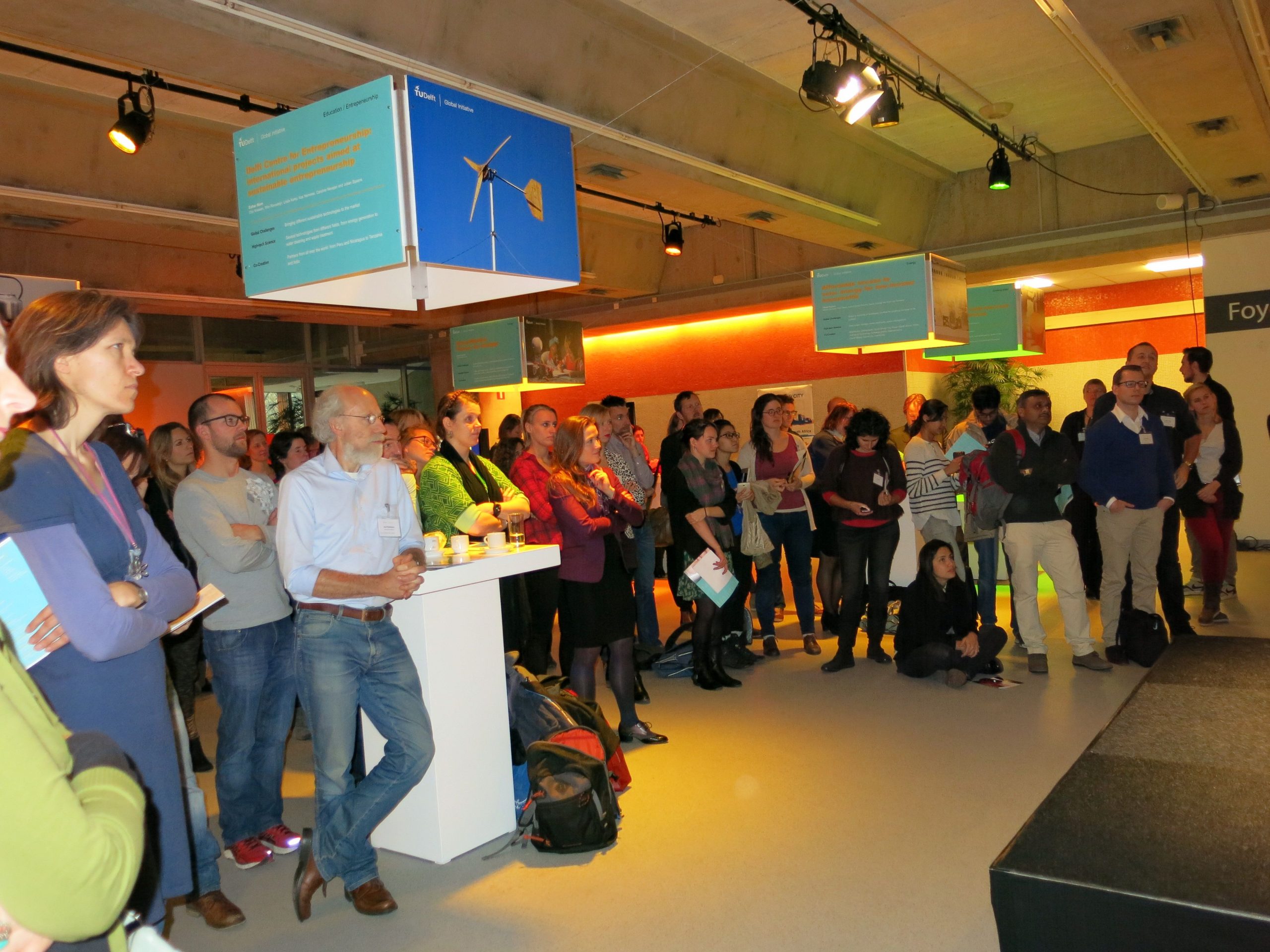“Science for the benefit of people. All people. Worldwide.” This catchy phrase summarizes the TU Delft Global Initiative (DGI), which recently held a kick-off event to debut their platform for scientists, students and entrepreneurs.
The aim of the initiative is finding concrete solutions to problems faced by people in developing countries.
In his welcome speech, DGI Chairman Dr. Nick van de Giesen said, “If we’re serious about ourselves as a technical university then we have to be engaged in solving problems.” The TU Delft professor of civil engineering also talked about the four key elements of the initiative. The first one, global challenges, involves addressing urgent problems that are relevant worldwide, like water, food, sanitation and sustainable energy. Second, high-tech science requires technical innovation with tangible outputs. Third, co-creating means solving problems together with local people. And lastly, having local impact involves finding real solutions that change people’s lives.
The event featured a catwalk showcasing 22 TU Delft projects in different phases of development. Examples ranged from a smartphone app that facilitates 3D printing of prosthetics, to creating affordable solar energy for low-income households, to a ‘reinvented’ toilet that can provide safe, affordable and self-sustainable sanitation to communities around the world. Later, four invited keynote speakers shared about their experiences with engineering for underserved or developing communities. The event also hosted workshops on the Delft Global Research Fellowships and Entrepreneurship for Development.
Dr. van de Giesen noted that through DGI they would also like to impact the university’s sustainable development goals. In order to achieve this he said, “We will facilitate and stimulate.” According to Van de Giesen, one part of that is encouraging people to be active through scholarships. It also involves becoming the go-to place for people interested in technology. The initiative is creating a large global network of knowledge institutes, NGOs and private partners that can be useful for people with entrepreneurial ideas. DGI can also offer support with grant writing and navigating the sometimes challenging system.
“It’s not just about sitting in a lab creating technologies,” said Van de Giesen. “We have to work together to create innovations that positively impact people’s lives.”
You can find more information about the project on their website.



Comments are closed.